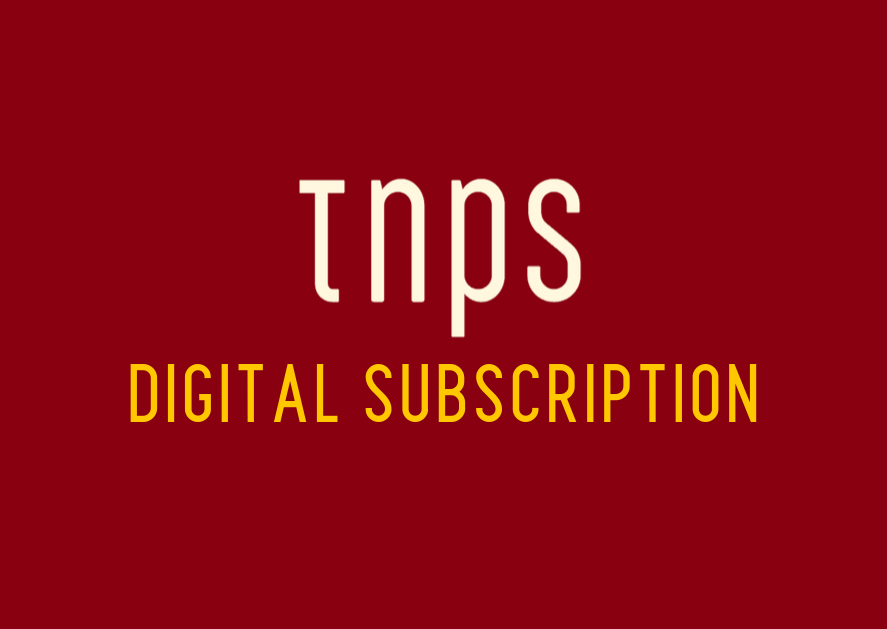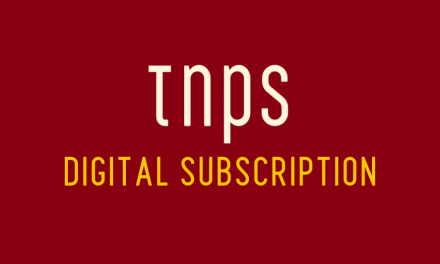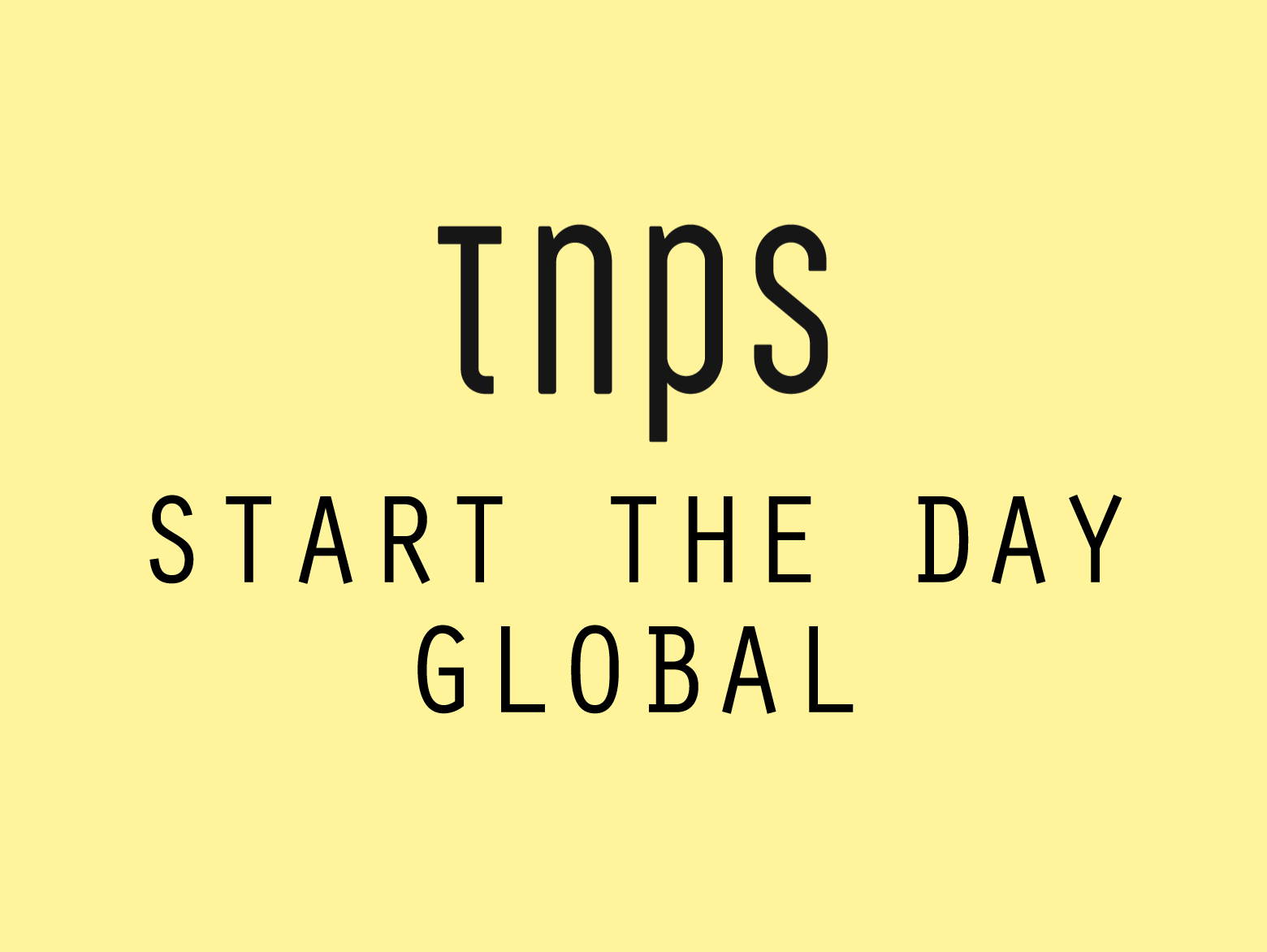My August 2022 TNPS headline ran: “International expansion back on the agenda at Storytel. Will it now follow the BookBeat model, only bigger and better?” I guess that’s a big, fat yes.
How many markets is Storytel in right now? That depends where you look.
According to the Storytel international landing page, Storytel is in 26 markets.

In fact, of course, that should be 27, because while Storytel shuttered its Russia operation, Storytel is in 26 other countries as listed, and also in the USA, under the brand Audiobooks.com.
For whatever reason, Storytel prefers not to add the USA to its international page, but we should be clear this is not about branding. Storytel Denmark operates under the Mofibo brand that it inherited when it acquired Mofibo to enter the Danish market in 2016, but is on the international landing page as a Storytel country.

If you look really, really carefully you’ll find a very faint mention of Storytel right at the bottom of the Audiobooks.com homepage, but nowhere is the Storytel logo to be seen. But the USA is a Storytel market.
The maths (or math, for those across the pond) is pretty easy: 26 plus 1 equals 27.
So why is Storytel advertising for a Global Performance Marketing Manager with the claim “Storytel is one of the world’s leading audiobook and ebook streaming services. We offer unlimited listening to consumers in 28+ markets. “
So where is market 28? And more importantly, what does that “plus” mean?
In keeping with the TNPS mission to boldly go where no publishing industry journal has gone before, I tried looking beyond the official Storytel international landing page, and found that my August 2022 TNPS forecast that the new CEO Johannes Larcher would take Storytel global was looking sound.
I argued then that, as Larcher comes from a video streaming background with at least one other of the team similarly versed in global streaming (Lina Brouneus was, per a Storytel press release at the time, Director Film Acquisition EMEA at Netflix, and was “instrumental to building out Netflix’s presence and team across Europe, the Middle East and Africa”.
As noted back in August 2022, before Larcher had even sat in the Head Office chair (October 2022), what Larcher brings to the table is Jonas Tellander’s international vision combined with BookBeat CEO Niclas Sandin’s modus operandi.
The Tellander model looked to expand into new markets by either virgin expansion or by acquisition of existing operations, but each time focusing on the market to deliver localised content. Each market had a target five-year break-even point, but many were slower – only a few faster – and that got up shareholders’ noses. Especially when Tellander started looking at seriously long-term projects like India and Indonesia – each with huge populations and huge returns down the road, but very little short-term cashflow, let alone profit.
Tellander paid the price in February 2022 when the post-Covid realities began to hit home.
Then came an interregnum under interim CEO Ingrid Bojner, who with hands tied could do little and has since left the company, and Johannes Larcher entered the scene.
As I said in August as the new Storytel leadership was announced, “in Larcher and (Lina) Brouneus we have, pretty much, the likely future of Storytel identified.”
Here’s how I argued the case six months ago:
By 2016 SVOD operator Netflix had reached 60 countries. More than double Storytel’s reach even today.
Then Netflix went global. Truly global. This is Netflix reach today:

Over 190 countries. Only China, North Korea, Syria and Cuba appear to be holding out.
And it’s a similar story for Amazon Prime Video. While Jeff Bezos lost interest in ebooks and audiobooks, Prime Video went global too, and pretty much an identical footprint, although Netflix is globally by far the better known.
Of course, we now see Disney+ rising, and any number of rival outfits chasing its tail, including HBO Max International where Johannes Larcher had personally taken the operation into 60 new countries.
Lina Brouneus meanwhile has helped Netflix EMEA expansion. That’s Europe – Middle East – Africa, where Storytel already is seeing some action, although thus far the Africa footprint is only Egypt. I can’t be sure but would imagine Brouneus was involved in the Netflix Nigeria expansion two years ago.
While Tellander had focussed on dedicated markets, BookBeat CEO Niclas Sandin had a different vision, likely inspired by the video streamers. He chose to offer BookBeat pretty much Europe-wide, simultaneously focusing on core markets while identifying interest elsewhere.
BookBeat of course is part of the Bonnier stable, so Sandin possibly has his hands tied in terms of where he could expand, and it may have been parent company Bonnier’s decision not to venture from beneath the comfort blanket of Europe.
But what Sandin had shown us is that the model can and does work for digital books. And on paper BookBeat’s 28 markets means it has bigger geographical reach than Storytel, but not for much longer.
Expanded reach, after all, is what Larcher and Brouneus specialised in in their previous jobs, and they didn’t get their new positions by promising they would carry on with the Tellander approach.
And given this is also Spotify’s modus operandi it should come as no surprise.
Although nothing has been officially announced yet (my guess is that will come with the 2022 annual report to be delivered by Larcher later this month), pretty much every European country not already with a dedicated Storytel presence is now showing a Storytel homepage offering unlimited consumption for ten euros.
Try Storytel Slovakia. Storytel Malta. Storytel Czech Republic. There are exceptions, like Switzerland, which for the time being takes us to the 26-country international landing page. Presumably not for much longer, as this appears to be a work in progress.
Now we could argue therefore that Larcher is just riding on Sandin’s coat-tails in expanding a Storytel presence across Europe. But wait. There’s more.
Since as long as I’ve followed Storytel, if I type in the Storytel.com address I got taken to the international landing page with the implied “The Gambia? West Africa? Dream on!” message.
But now, I get redirected to Storytel Gambia! Okay, it’s just the same homepage as for the European countries mentioned above, but this is a huge step forward, and clearly part of a wider pattern suggesting a full-blown global roll-out is underway.
Now by no stretch of the imagination can The Gambia, population 2.5 million, cultural backwater and home to one (no typo, just the one!) meaningful bookshop, be considered a priority for a digital subscription company cherry-picking new markets.
And in fact the global roll-out is well underway. I’m seeing Storytel sites for neighbouring Senegal and nearby Liberia and Sierra Leone, for example, but not for much bigger and more lucrative markets like Nigeria or Kenya, which are still redirecting to the Storytel international homepage, but my guess is not for much longer.
And not just Africa. In Eurasia, Georgia now has a Storytel homepage. In Asia, Vietnam has a Storytel homepage. Many more do not, yet, but surely will soon. Obviously, I haven’t tried all 190+ countries, but the pattern is absolutely clear.
Larcher is bringing his SVOD experience and expertise to bear on the audiobook market, stealing a march on Audible, Nextory and BookBeat, not to mention Spotify.
Obviously these English-language homepages and limited payment options are not going to set the emerging markets on fire, but each market, as it goes live and gains traction, will allow Larcher to collect data on local interest, and from there, as Sandin’s BookBeat has been doing in Europe, it is easier to identify markets worth further investigation and investment.
My August 2022 headline ran:
“International expansion back on the agenda at Storytel. Will it now follow the BookBeat model, only bigger and better?”
I guess that’s a big, fat yes.








